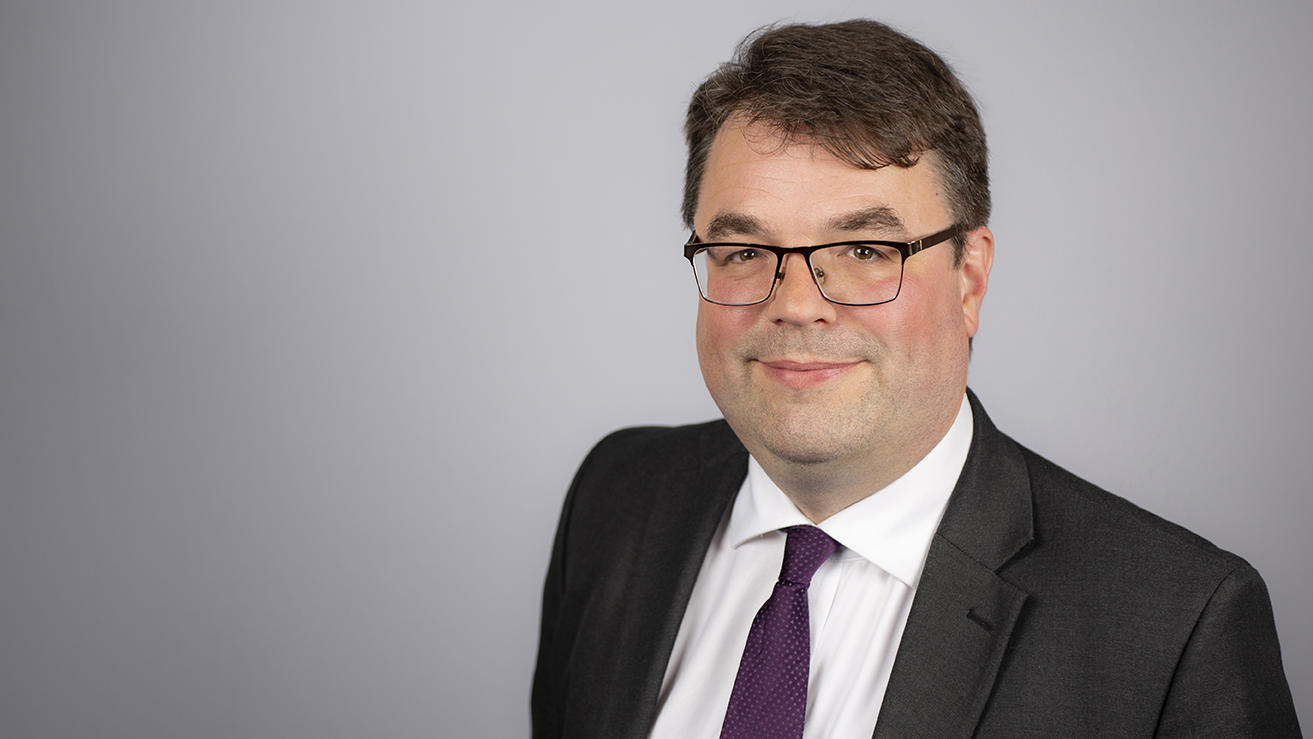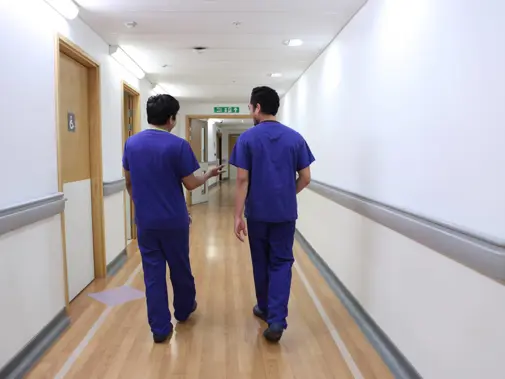More than a third of the 68 members elected to represent the profession identify as ethnic minorities, a significant increase compared with 12% for the 2018 intake of council members.
Those elected who identified as women were 38% for the 2022 elections compared with 37.5% of members elected in 2018.
With one vacancy remaining in the Eastern region owing to insufficient nominations being received to satisfy the gender constraints this figure could rise to 39% in the upcoming by-election to fill this seat.
Once the by-election has run there will be 69 seats filled for BMA council. In addition, more than a half of the newly elected intake – 55% – are new to BMA council.
Record numbers
 Tom Grinyer
Tom Grinyer
Tom Grinyer, BMA chief executive and returning officer for the elections, offered thanks to all who participated in the 2022 elections.
He said: ‘It’s hugely encouraging to see a record number of nominees for these elections which shows a thriving democracy at the BMA. My sincere thanks to all candidates and the membership who participated and made their voices count.’
Turnout this year was similar to the 2018 council elections. However, more votes were valid and therefore counted owing to a new voting process being introduced for these elections.
The members voted in will represent the UK membership by branch of practice, region/nation and for the first-time ethnic minorities, with five seats for UK candidates self-identifying as ethnic minority.
The council will meet for the first time in June and members will have a four-year term from 2022 to 2026.
For the full results of the elections go to our UK council elections page

